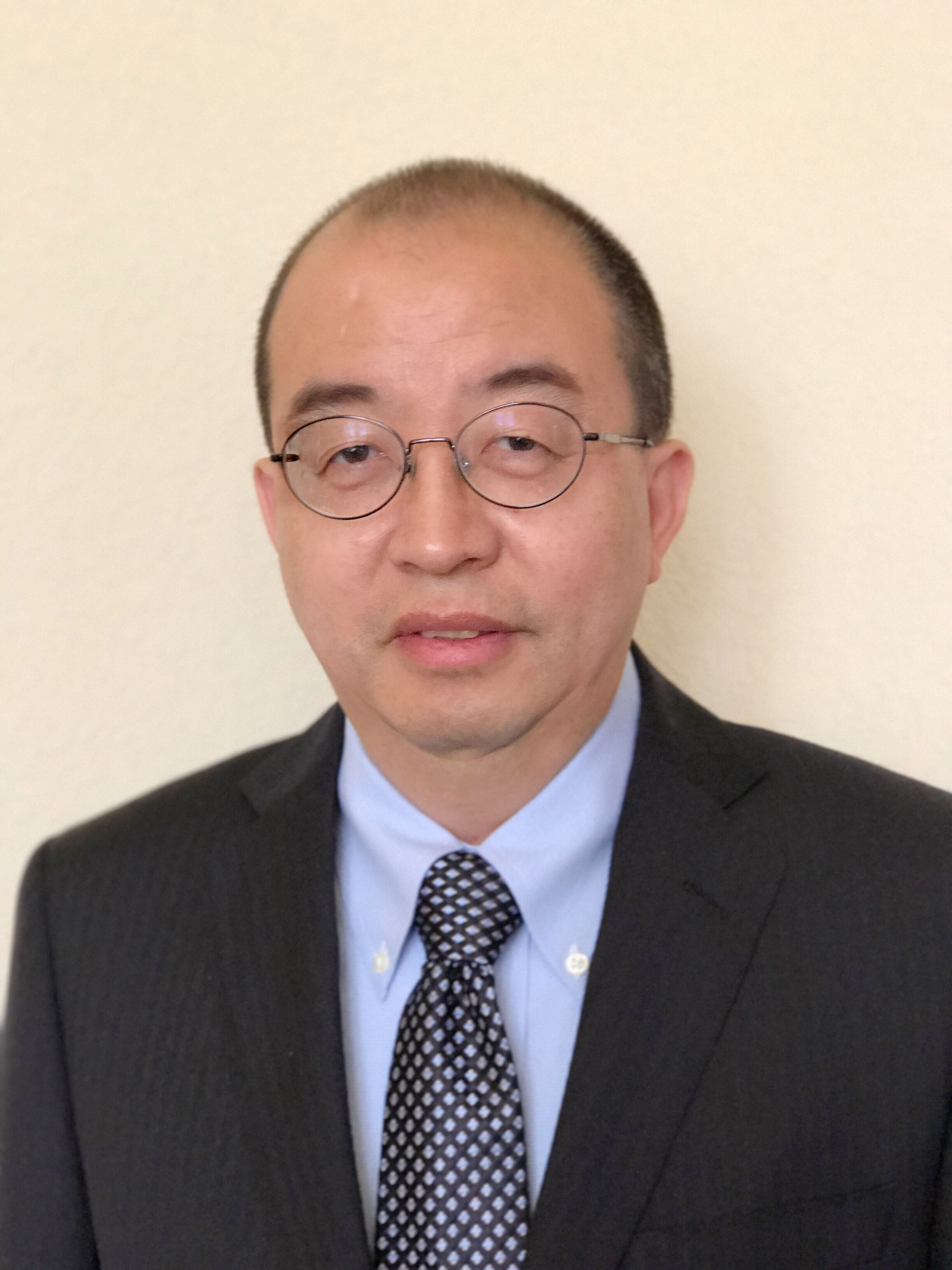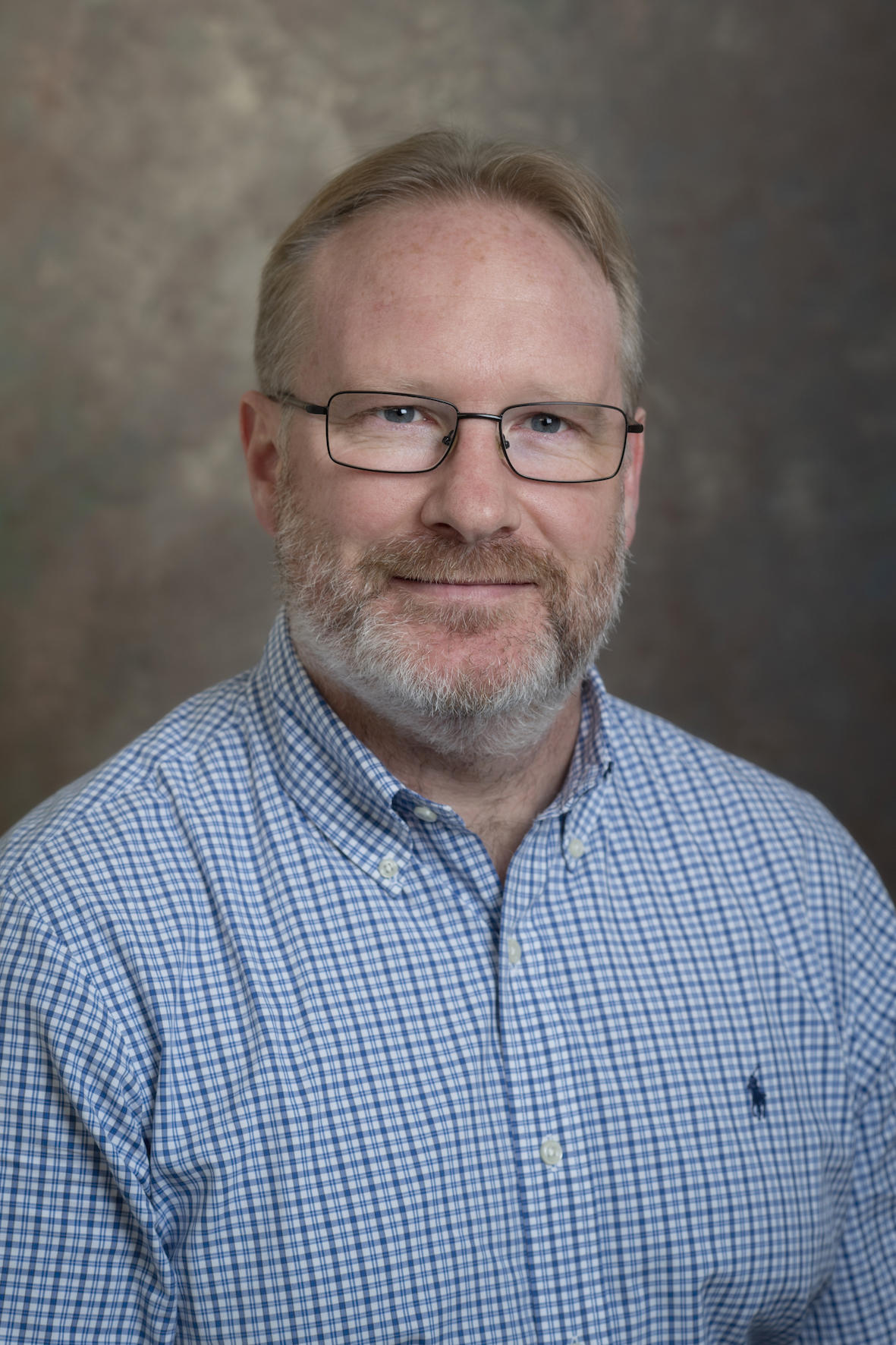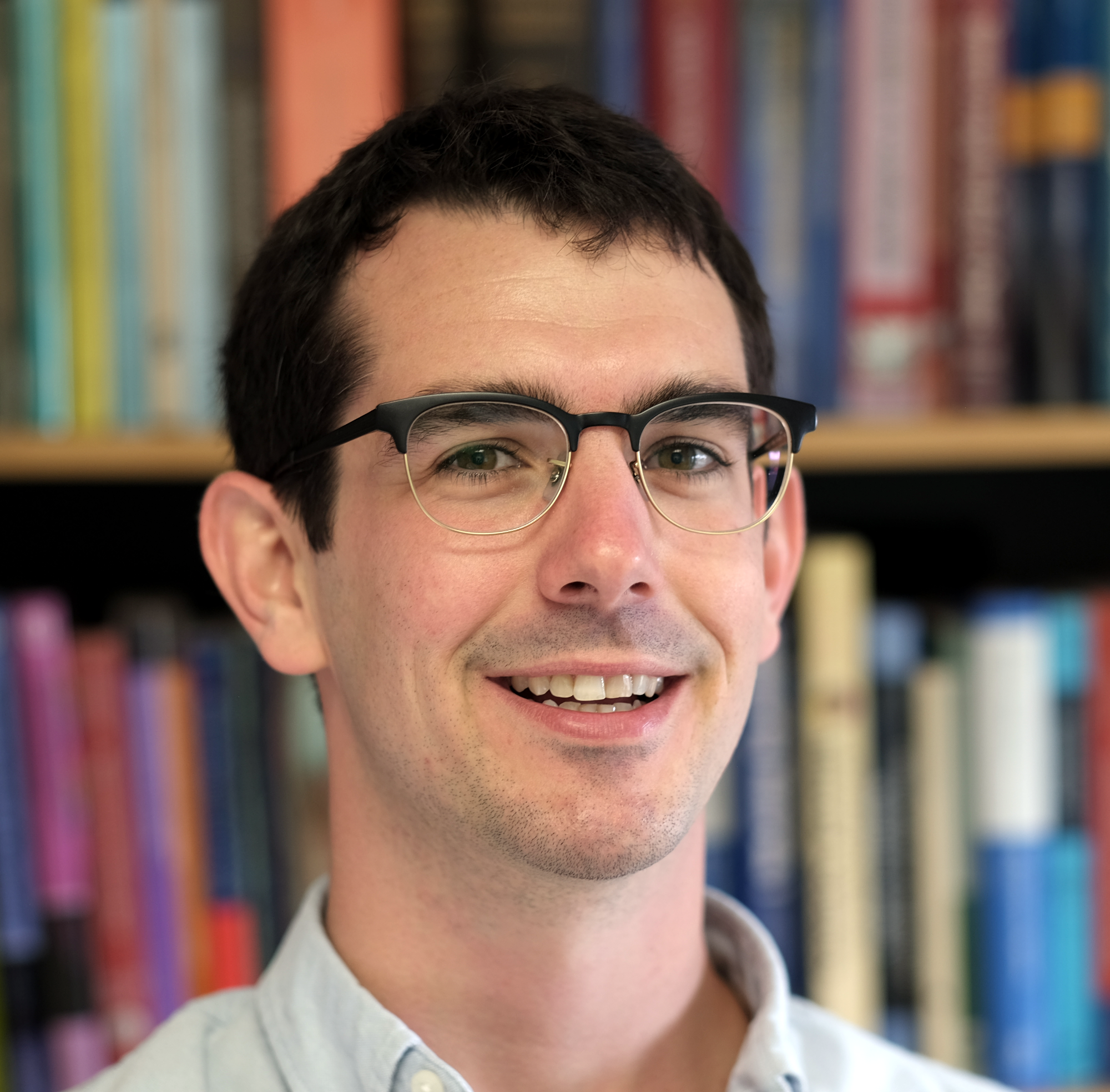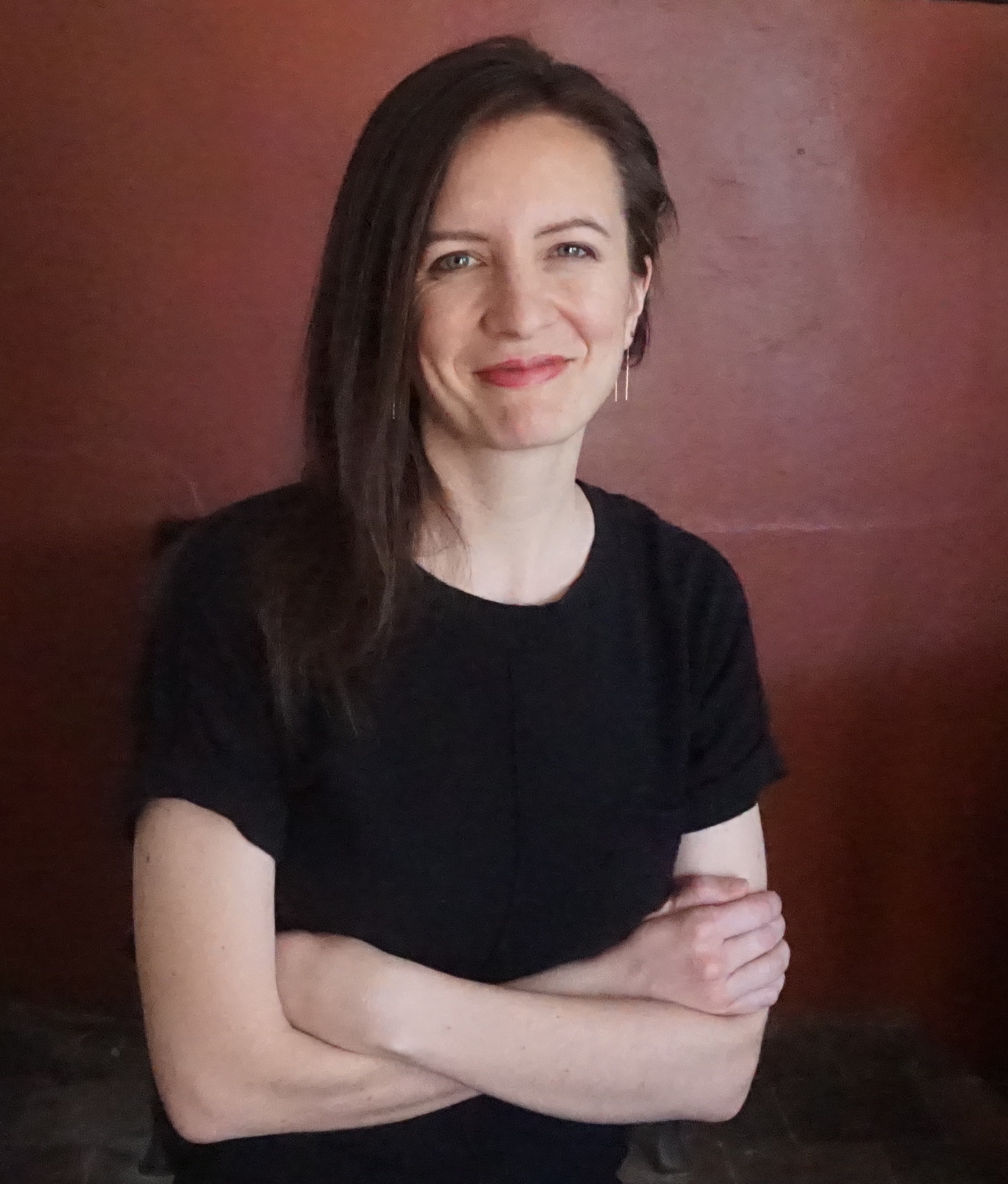 | Hong-Cai “Joe” Zhou obtained his B.S. from Beijing Normal University and his Ph.D. under the tutelage of F. A. Cotton from Texas A&M University in 2000. After a postdoctoral stint at Harvard University supervised by R. H. Holm, in 2002 he joined the faculty of Miami University, Oxford where he was awarded tenure in 2007. He was hired by Texas A&M University in 2008. In 2012, he organized the first thematic issue focusing on metal-organic frameworks as a guest editor for Chemical Reviews. Since 2013, he has served as an associate editor for Inorganic Chemistry (ACS) and recognized as a Highly Cited Researcher by Clarivate since 2014. He has been promoted to a Robert A. Welch Chair in Chemistry in 2015, and elected a fellow of AAAS, ACS, and RSC, respectively, in 2016. His research focuses on the discovery of synthetic methods to obtain robust framework materials with desirable properties for potential applications in gas storage/separation, carbon capture/conversion, and catalysis.
|
 | Craig Brown is a NIST Fellow, Adjunct Professor, Chemical Engineering, University of Delaware, and staff chemist at the NIST Center for Neutron Research, where he is the team-lead for Structure and Dynamics of Materials. The team merges diffraction and spectroscopy, operating 7 neutron instruments. BT-1 and BT-8 for crystallography and engineering diffraction. MACS, DCS, FANS, HFBS, and spin-echo for spectroscopy. He has also been an instrument scientist for the DCS Spectrometer and significantly involved with various aspects of the EERE hydrogen storage program where neutrons are an exceptional asset. He previously managed the NCNR efforts in the DOE/EERE Hydrogen Sorption Center of Excellence, sitting on the Steering Committee and co-leading the Strong Binding of Hydrogen sub-project with Dan Neumann and NREL.
|
| Mercedes Taylor is an Assistant Professor in the Department of Chemistry and Biochemistry at the University of Maryland, College Park. Her research is focused on the design and synthesis of porous materials, including MOFs, COFs, and porous polymers, for applications in water purification and chemical separations. Prior to joining the faculty at UMD, Mercedes was a Hruby Fellow at Sandia National Laboratories, where she began her independent research into porous materials synthesis. Mercedes received her B.A. in chemistry from Amherst College and her Ph.D. in chemistry from the University of California, Berkeley. |
 | Hayden Evans obtained his Ph.D. in Chemistry with Ram Seshadri at the University of California Santa Barbara in 2018 and joined the NIST Center for Neutron Research as a National Research Council Postdoctoral Fellow in 2019. His work uses neutrons and x-rays, as well as other advanced characterization techniques to study materials for gas sequestration and storage (CO2/O2/H2) and solid-state batteries. Many of his experiments, particularly those for gas storage, examine materials in situ under working conditions for their application of interest. |
Choose timezone
Your profile timezone:


